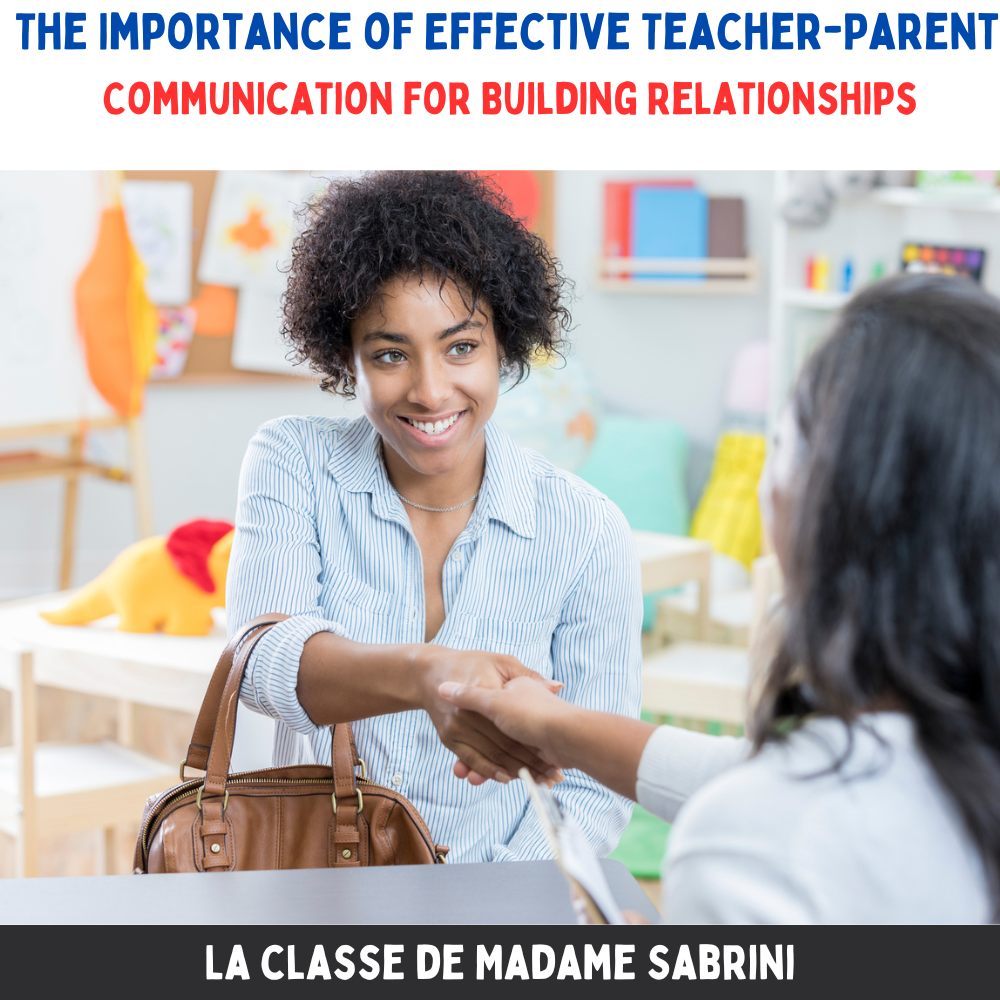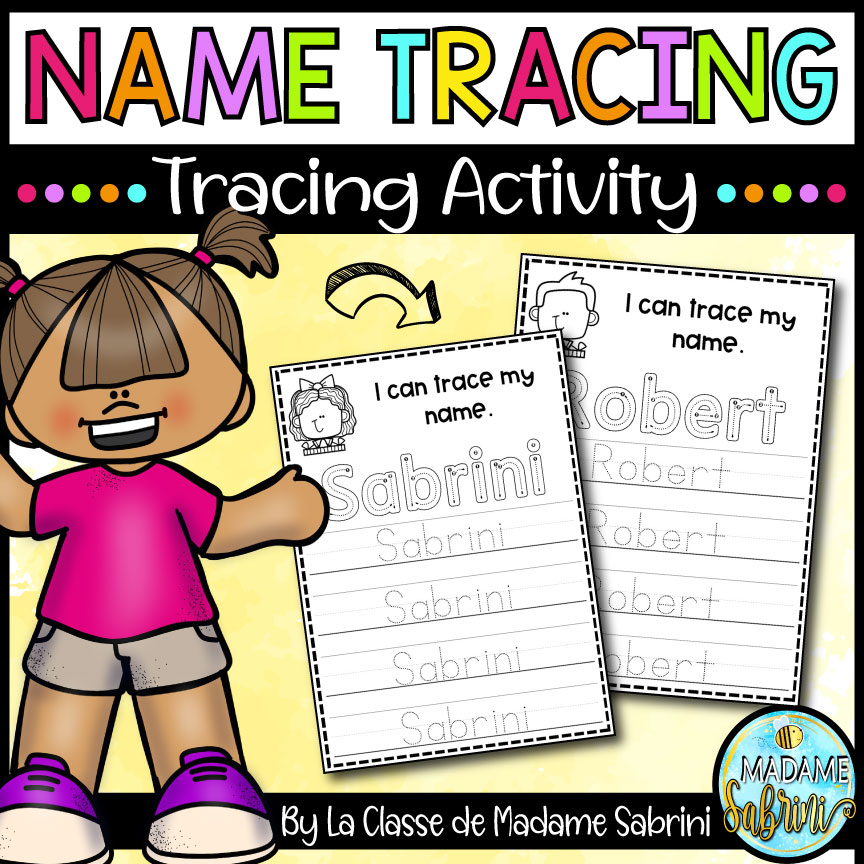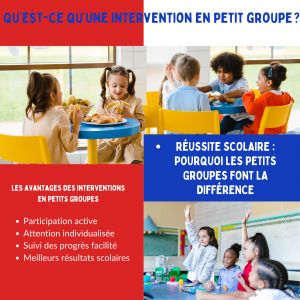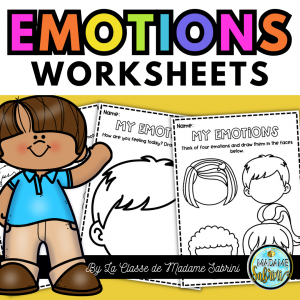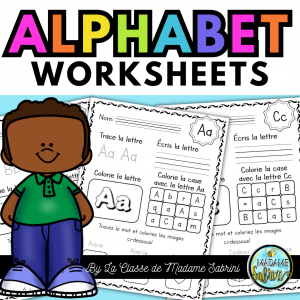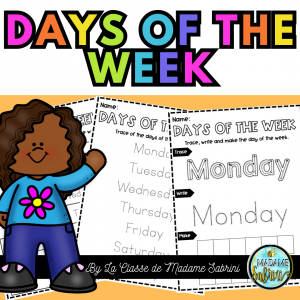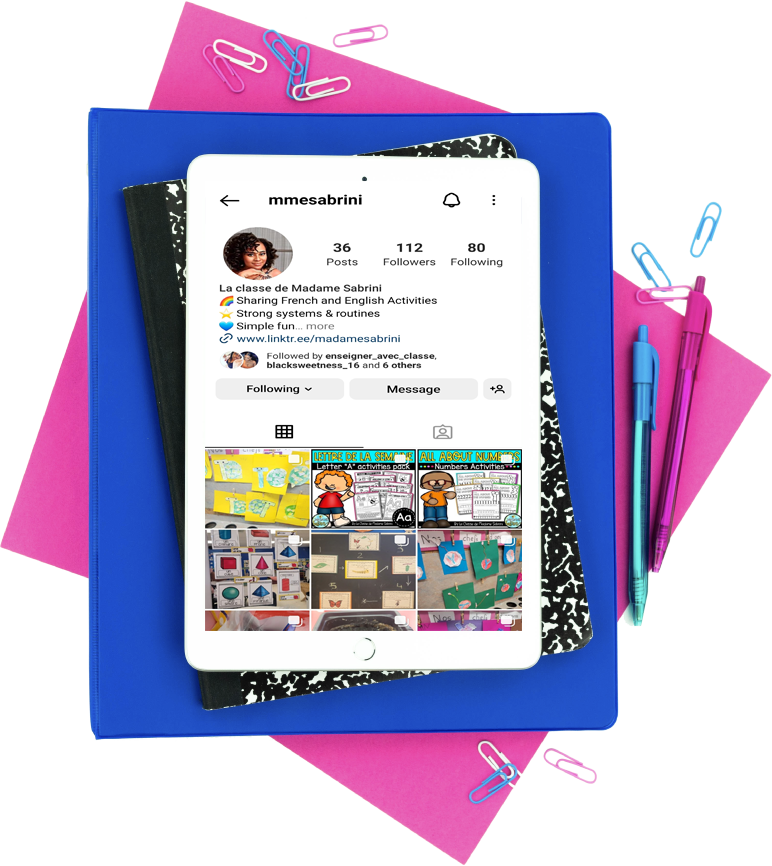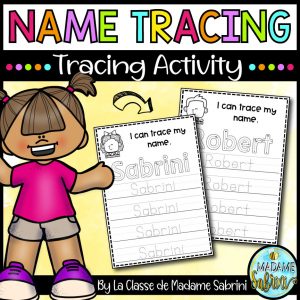The relationship between teacher and parents is essential for a child’s learning and development. Effective teacher-parent communication is key to building a strong, productive partnership and ensuring that the best interests of the child are always taken into account. In this blog post, we’ll discuss the importance of effective teacher-parents communication for building relationships, and how to foster a successful partnership between teachers and parents.
Why Parent-Teacher Relationships Matter
Parents and teachers are essential players in a child’s education and upbringing. The role that each of them plays is unique, yet they share a common goal: to support the child’s growth and development. However, for this goal to be achieved effectively, it is crucial that they build strong relationships and work together.
The teacher is responsible for providing the child with an education that nurtures their intellect and skills. On the other hand, parents are responsible for supporting the child’s emotional and social development, as well as reinforcing the values and skills taught by the teacher. When teachers and parents collaborate and build relationships, they create a more comprehensive support system for the child.
Research shows that when parents and teachers communicate effectively, it leads to improved academic outcomes, increased student engagement, and better behavior. Moreover, when a parent feels involved in their child’s education, they become more invested in their child’s success. Therefore, parent-teacher relationships are not just important, but crucial to the child’s academic and personal success.
Effective communication is key to building relationships between parents and teachers. When they communicate regularly and positively, they create a sense of trust and understanding. This allows them to share concerns, feedback, and suggestions for how they can work together to support the child. Regular communication also helps the parent and teacher stay informed about the child’s progress and areas of improvement.
In the next section, we’ll discuss some tips for effective parent-teacher communication.
Communication is Key to Building Strong Relationships
Building strong relationships between teachers and parents is essential for the success of a child’s education. Effective communication plays a crucial role in building these relationships, and it starts with open and honest dialogue.
When parents and teachers communicate regularly, it helps to establish trust, and a shared sense of purpose develops. Through regular communication, parents and teachers can gain a better understanding of each other’s perspectives, which can lead to more productive interactions.
It’s essential to keep lines of communication open from the beginning of the school year. Teachers should provide parents with clear expectations of what their child will be learning and any rules that they will need to follow. Likewise, parents should be encouraged to share any concerns they have with the teacher early on.
In addition to regular in-person communication, technology has made it easier to stay connected with parents. Using tools like email or online portals can allow for frequent communication and help build relationships over time.
It’s important to remember that communication should be a two-way street. Teachers should be open to hearing feedback from parents and be willing to make changes to meet the needs of their students. Parents, in turn, should listen to feedback from teachers and work with them to support their child’s education.
Overall, strong communication between parents and teachers can help build relationships that foster the success of students. By establishing open lines of dialogue and a willingness to work together, teachers and parents can ensure that students have the best possible educational experience.
Tips for Effective Parent-Teacher Communication
When it comes to building strong relationships between teachers and parents, effective communication is key. Here are some tips to help ensure that your interactions with parents are productive, positive, and supportive:
1. Set clear expectations. At the beginning of the school year or whenever a new student is added to your classroom, take the time to communicate your expectations to parents. This can include things like how often you will be communicating with them, what types of information you will be sharing, and how they can best reach you.
2. Be proactive. Don’t wait for parents to contact you with concerns or questions. Make an effort to reach out to them on a regular basis to check in, share updates, and offer support.
3. Use multiple channels. Some parents prefer to communicate via email, while others may prefer phone calls or in-person meetings. Try to be flexible and accommodate different communication styles as much as possible.
4. Listen actively. When parents reach out to you with concerns or questions, take the time to really listen and understand where they’re coming from. Paraphrase what they’ve said to ensure that you’re both on the same page.
5. Be honest and transparent. If a student is struggling academically or behaviorally, don’t sugarcoat the situation. Be upfront with parents about the challenges their child is facing and what steps you’re taking to help them succeed.
By following these tips, you can build strong, productive relationships with parents that will benefit your students and your classroom as a whole. Remember, effective communication is the foundation for building positive parent-teacher relationships.
Understanding Different Parenting Styles and Approaches
It is important for teachers to recognize and understand the various parenting styles and approaches of the families they work with. This understanding can help build relationships with parents and improve communication.
There are a variety of parenting styles, including authoritarian, permissive, and authoritative. It is important to recognize that each family has their own unique style and approach. By understanding and respecting these differences, teachers can work collaboratively with parents to best support the student’s academic and social-emotional growth.
For example, some parents may have a more hands-off approach to their child’s education, while others may have a more hands-on approach. Some parents may prioritize academic success above all else, while others may focus more on social-emotional development. By understanding these differences, teachers can tailor their communication and approach to best meet the needs of the student and the family.
It is also important to recognize cultural differences that may influence parenting styles and approaches. Some families may have different expectations for their child’s education based on cultural beliefs and traditions. By taking the time to understand and appreciate these differences, teachers can build trust and rapport with parents.
Overall, understanding different parenting styles and approaches is essential for building positive relationships between teachers and parents. By respecting and accommodating these differences, teachers can better support student success and foster a strong partnership with families.
Strategies for Working with Challenging Parents or Teachers
As much as we strive for positive relationships with parents and teachers, there may be times when challenges arise. It’s important to have strategies in place to address these challenges and continue building strong relationships.
1. Approach with Empathy:
When faced with a challenging parent or teacher, it can be easy to get defensive or frustrated. However, taking a step back and approaching the situation with empathy can go a long way. Try to put yourself in their shoes and understand where they are coming from. By doing so, you may be able to identify the root of the challenge and work towards a resolution.
2. Listen to Their Concerns:
Effective communication involves active listening. Allow the parent or teacher to express their concerns and take the time to fully understand their perspective. By doing so, you demonstrate that their opinion matters and that you are willing to work with them to address the challenge.
3. Stay Positive:
While it can be tempting to focus on the negative aspects of the challenge, try to stay positive. Acknowledge any valid concerns and work towards finding solutions. Keeping a positive outlook and approach can help deescalate challenging situations and keep the focus on building a strong relationship.
4. Keep Communication Open:
Even when challenges arise, it’s important to maintain open lines of communication. Avoid shutting down or becoming defensive. Instead, keep the dialogue going and work together to find a solution that meets everyone’s needs.
5. Find Common Ground:
Despite differences in approach or perspective, there may be areas of common ground. Try to identify these areas and build upon them to help strengthen the relationship. Finding common goals can also help to focus on what unites, rather than divides.
Building relationships between parents and teachers is essential for the success of students. When faced with challenging situations, implementing these strategies can help to maintain open communication and work towards solutions that benefit everyone involved.
Celebrating Successes and Navigating Challenges Together
One of the best ways to build relationships between teachers and parents is by working together to celebrate successes and navigate challenges. It’s important to remember that both parties want what’s best for the child and finding common ground is crucial.
When students succeed, whether it’s getting a good grade or excelling in an extracurricular activity, it’s important to share the good news with parents. A quick email or phone call to the parents can make a big difference in showing them that their child’s achievements are appreciated and recognized. Similarly, when a challenge arises, such as a behavioral issue or a dip in grades, reaching out to parents and discussing the issue together can help identify possible solutions and show the parents that the teacher cares about their child’s success.
By working together to address challenges and celebrate successes, teachers and parents can build a strong foundation for their relationship. They can also create an environment where open communication is valued and expected, leading to better outcomes for the child. Remember, building relationships takes time and effort, but the payoff is worth it.

